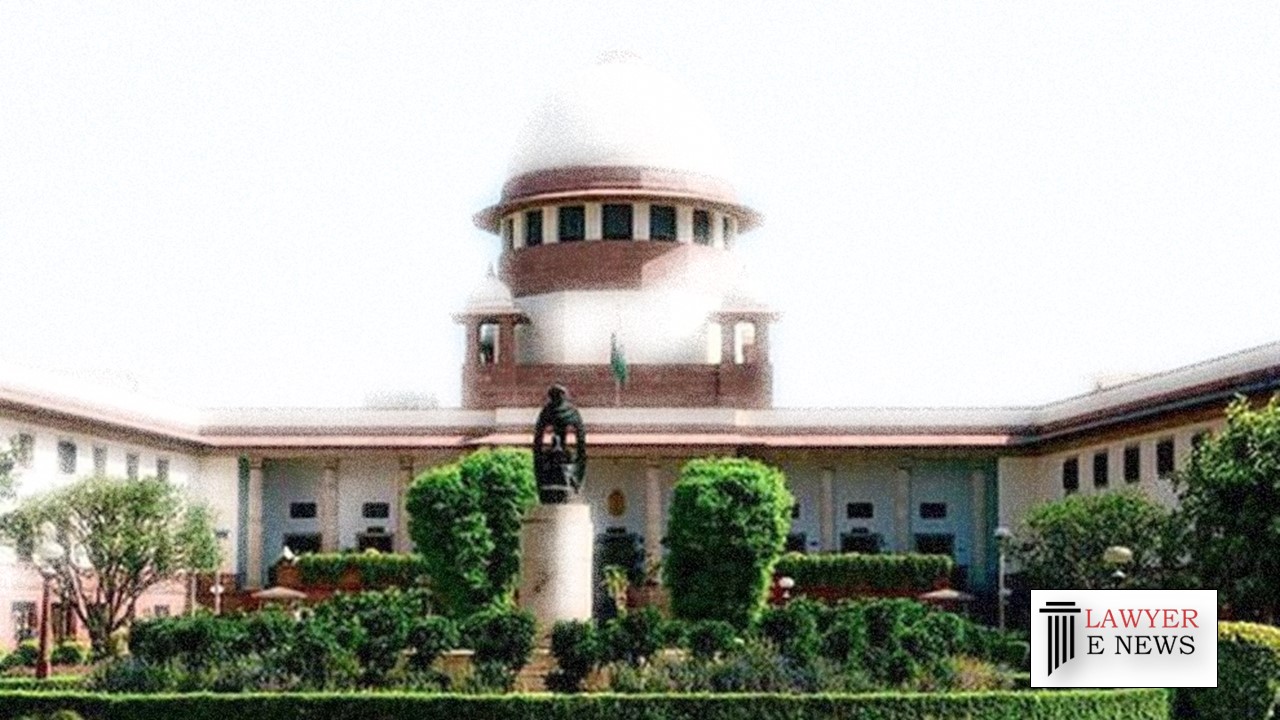-
by Admin
16 February 2026 10:43 AM



In a significant judgment, the Supreme Court of India overturned a High Court ruling in the case of Rajendhiran v. Muthaiammal @ Muthayee & Ors, reinforcing the stringent standards required for proving oral partition and the execution of wills in property disputes.
The bench, comprising Justices Vikram Nath and Rajesh Bindal, delivered the verdict on January 3, 2024, setting aside the High Court's decision which had earlier ruled in favor of the plaintiffs. The apex court's decision reaffirmed the findings of the Trial Court and the First Appellate Court, both of which had dismissed the suit filed by the plaintiffs seeking a declaration that a sale deed was null and void and an injunction.
In their judgment, the Supreme Court underscored the importance of adhering to statutory provisions in property disputes. "Both the plaintiffs had pleaded that Arunachalam had executed a will on 16.07.2003 but they failed to prove the said will deed in accordance to the statutory provisions contained in Section 68 of the Indian Evidence Act, 1872 and also under Section 63 of the Indian Succession Act, 1956," the Court observed, emphasizing the lack of substantial proof provided by the plaintiffs.
The Supreme Court also highlighted the failure of the High Court to adequately consider the evidence presented. "The High Court failed to consider the oral as also the documentary evidence," the judgment noted, critiquing the High Court's reliance on unrelated documents to conclude that an oral partition had occurred.
This ruling is a reminder of the judicial emphasis on the necessity of concrete evidence in claims related to property rights, particularly in cases involving wills and partitions. The decision has significant implications for future property dispute litigations, underscoring the rigorous standards required for proving claims in such cases.
Date of Decision: January 03, 2024
RAJENDHIRAN VS MUTHAIAMMAL @ MUTHAYEE & ORS.
